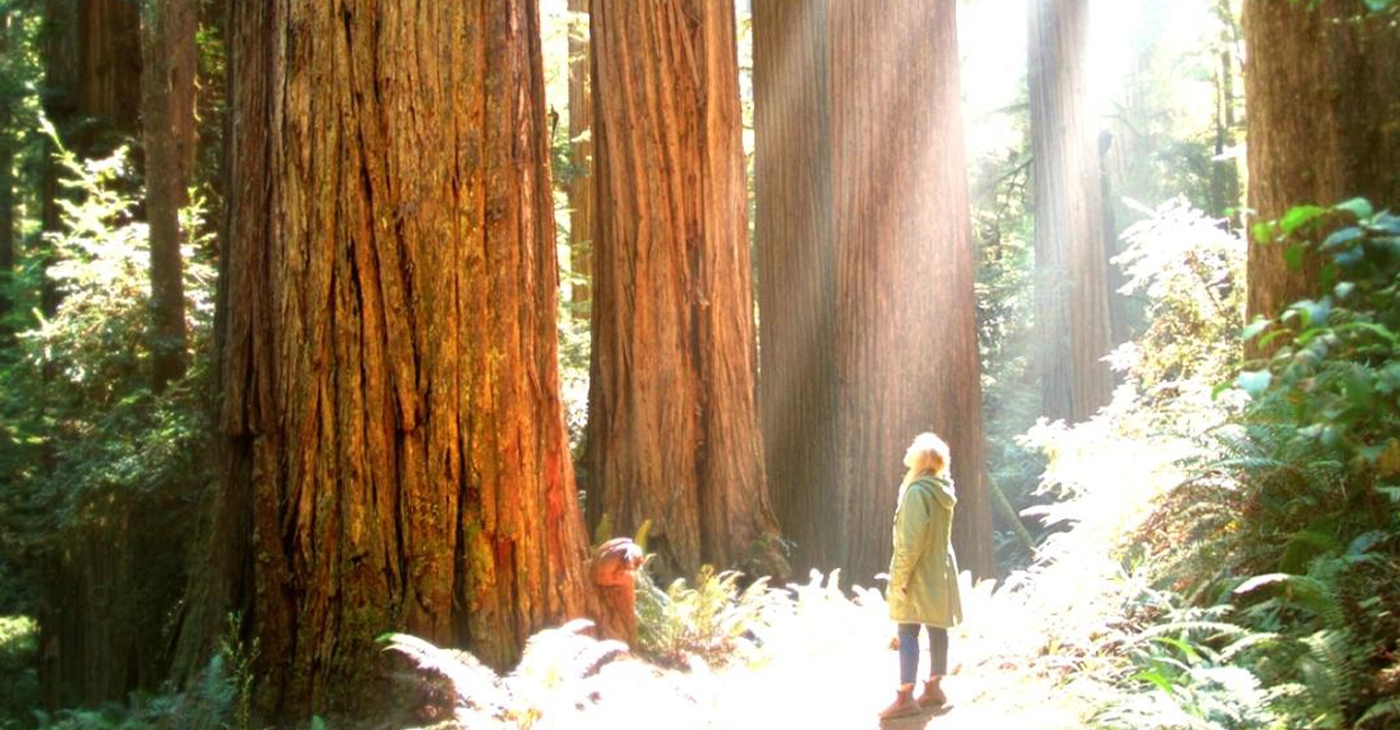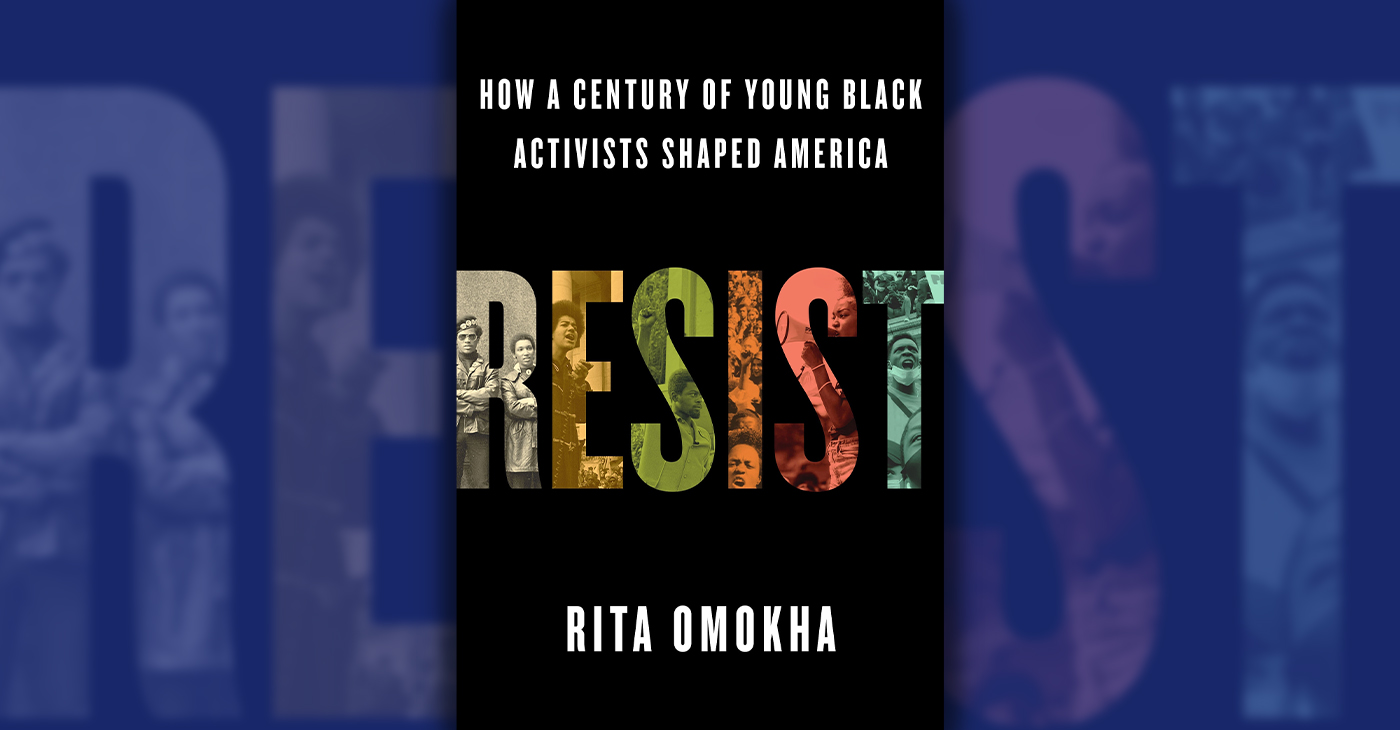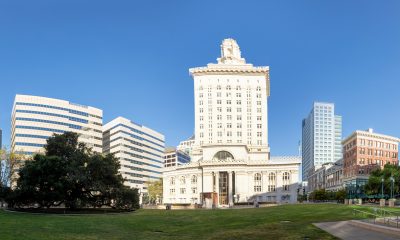Arts and Culture
Desley Brooks Hosts 4th Annual Juneteenth Community Picnic in East Oakland

The Oakland Juneteenth Community Picnic is the city’s largest such event and takes place in the Arroyo Viejo Park.
“I think it’s important to remember and acknowledge our history,” said Councilmember Desley Brooks, host and sponsor of the event in her district. “Juneteenth is the African American Independence Day.”
Latin jazz maestro Pete Escovedo, the Dramatics and Martin Luther lead the soulful line-up at the fourth annual celebration on Sat. June 17. Located at 7701 Krause Ave., it runs from 1 p.m.-6 p.m. It is free and open to the public.
Hip-Hop journalist, activist and DJ, Davey D Cook will be event’s MC.
Brooks partnered with the Eastside Arts Alliance, Oakland Natives Give Back (an organization targeting school truancy), and the Juneteenth Committee for a celebration including horseback riding, art vendors, great food and fun.
“We work to put together a high quality, fun and entertaining event for the whole family, “ Brooks said in a statement. “We are constantly pleased to see families and friends coming together to celebrate Juneteenth, birthdays, family reunions, and community at the event.“
Arts and Culture
Book Review: Building the Worlds That Kill Us: Disease, Death, and Inequality in American History
Nearly five years ago, while interviewing residents along the Mississippi River in Louisiana for a book they were writing, authors Rosner and Markowitz learned that they’d caused a little brouhaha. Large corporations in the area, ones that the residents of “a small, largely African American community” had battled over air and soil contamination and illness, didn’t want any more “’agitators’” poking around. They’d asked a state trooper to see if the authors were going to cause trouble.

By Terri Schlichenmeyer
Author: David Rosner and Gerald Markowitz, c.2024, Columbia University Press, $28.00
Get lots of rest.
That’s always good advice when you’re ailing. Don’t overdo. Don’t try to be Superman or Supermom, just rest and follow your doctor’s orders.
And if, as in the new book, “Building the Worlds That Kill Us” by David Rosner and Gerald Markowitz, the color of your skin and your social strata are a certain way, you’ll feel better soon.
Nearly five years ago, while interviewing residents along the Mississippi River in Louisiana for a book they were writing, authors Rosner and Markowitz learned that they’d caused a little brouhaha. Large corporations in the area, ones that the residents of “a small, largely African American community” had battled over air and soil contamination and illness, didn’t want any more “’agitators’” poking around. They’d asked a state trooper to see if the authors were going to cause trouble.
For Rosner and Markowitz, this underscored “what every thoughtful person at least suspects”: that age, geography, immigrant status, “income, wealth, race, gender, sexuality, and social position” largely impacts the quality and availability of medical care.
It’s been this way since Europeans first arrived on North American shores.
Native Americans “had their share of illness and disease” even before the Europeans arrived and brought diseases that decimated established populations. There was little-to-no medicine offered to slaves on the Middle Passage because a ship owner’s “financial calculus… included the price of disease and death.” According to the authors, many enslavers weren’t even “convinced” that the cost of feeding their slaves was worth the work received.
Factory workers in the late 1800s and early 1900s worked long weeks and long days under sometimes dangerous conditions, and health care was meager; Depression-era workers didn’t fare much better. Black Americans were used for medical experimentation. And just three years ago, the American Lung Association reported that “’people of color’ disproportionately” lived in areas where the air quality was particularly dangerous.
So, what does all this mean? Authors David Rosner and Gerald Markowitz don’t seem to be too optimistic, for one thing, but in “Building the Worlds That Kill Us,” they do leave readers with a thought-provoker: “we as a nation … created this dark moment and we have the ability to change it.” Finding the “how” in this book, however, will take serious between-the-lines reading.
If that sounds ominous, it is. Most of this book is, in fact, quite dismaying, despite that there are glimpses of pushback here and there, in the form of protests and strikes throughout many decades. You may notice, if this is a subject you’re passionate about, that the histories may be familiar but deeper than you might’ve learned in high school. You’ll also notice the relevance to today’s healthcare issues and questions, and that’s likewise disturbing.
This is by no means a happy-happy vacation book, but it is essential reading if you care about national health issues, worker safety, public attitudes, and government involvement in medical care inequality. You may know some of what’s inside “Building the Worlds That Kill Us,” but now you can learn the rest.
Arts and Culture
‘Giants Rising’ Film Screening in Marin City Library
A journey into the heart of America’s most iconic forests, “Giants Rising” tells the epic tale of the coast redwoods — the tallest and among the oldest living beings on Earth. Living links to the past, redwoods hold powers that may play a role in our future, including their ability to withstand fire and capture carbon, to offer clues about longevity, and to enhance our own well-being.

By Godfrey Lee
The film “Giants Rising” will be screened on Saturday, Jan. 11, from 3-6 p.m. at the St. Andrew Presbyterian Church, located 100 Donahue St. in Marin City.
A journey into the heart of America’s most iconic forests, “Giants Rising” tells the epic tale of the coast redwoods — the tallest and among the oldest living beings on Earth. Living links to the past, redwoods hold powers that may play a role in our future, including their ability to withstand fire and capture carbon, to offer clues about longevity, and to enhance our own well-being.
Through the voices of scientists, artists, Native communities, and others, we discover the many connections that sustain these forests and the promise of solutions that will help us all rise up to face the challenges that lay ahead.
The film’s website is www.giantsrising.com. The “Giants Rising” trailer is at https://player.vimeo.com/video/904153467. The registration link to the event is https://marinlibrary.bibliocommons.com/events/673de7abb41279410057889e
This event is sponsored by the Friends of the Marin City Library and hosted in conjunction with the Golden Gate National Recreation Area and St. Andrew Presbyterian Church.
All library events are free. For more information, contact Etienne Douglas at (415) 332-6158 or email etienne.douglas@marincounty.gov. For event-specific information, contact Zaira Sierra at zsierra@parksconservancy.org.
Activism
‘Resist’ a Look at Black Activism in U.S. Through the Eyes of a Native Nigerian
In 1995, after she and her brothers traveled from their native Nigeria to join their mother at her new home in the South Bronx, young Omokha’s eyes were opened. She quickly understood that the color of her skin – which was “synonymous with endless striving and a pursuit of excellence” in Nigeria – was “so problematic in America.”

By Terri Schlichenmeyer, The Bookworm Sez
Throughout history, when decisions were needed, the answer has often been “no.”
‘No,’ certain people don’t get the same education as others. ‘No,’ there is no such thing as equality. ‘No,’ voting can be denied and ‘no,’ the laws are different, depending on the color of one’s skin. And in the new book, “Resist!” by Rita Omokha, ‘no,’ there is not an obedient acceptance of those things.
In 1995, after she and her brothers traveled from their native Nigeria to join their mother at her new home in the South Bronx, young Omokha’s eyes were opened. She quickly understood that the color of her skin – which was “synonymous with endless striving and a pursuit of excellence” in Nigeria – was “so problematic in America.”
That became a bigger matter to Omokha later, 15 years after her brother was deported: she “saw” him in George Floyd, and it shook her. Troubled, she traveled to America on a “pilgrimage for understanding [her] Blackness…” She began to think about the “Black young people across America” who hadn’t been or wouldn’t be quiet about racism any longer.
She starts this collection of stories with Ella Josephine Baker, whose parents and grandparents modeled activism and who, because of her own student activism, would be “crowned the mother of the Civil Rights Movement.” Baker, in fact, was the woman who formed the Student Nonviolent Coordinating Committee, or SNCC, in 1960.
Nine teenagers, known as the Scottsboro Nine were wrongly arrested for raping two white women in 1931 and were all released, thanks to the determination of white lawyer-allies who were affiliated with the International Labor Defense and the outrage of students on campuses around America.
Students refused to let a “Gentleman’s Agreement” pass when it came to sports and equality in 1940. Barbara Johns demanded equal education under the law in Virginia in 1951. Huey Newton and Bobby Seale formed the Black Panther Party for Self-Defense in 1966. And after Trayvon Martin (2012) and George Floyd (2020) were killed, students used the internet as a new form of fighting for justice.
No doubt, by now, you’ve read a lot of books about activism. There are many of them out there, and they’re pretty hard to miss. With that in mind, there are reasons not to miss “Resist!”
You’ll find the main one by looking between the lines and in each chapter’s opening.
There, Omokha weaves her personal story in with that of activists at different times through the decades, matching her experiences with history and making the whole timeline even more relevant.
In doing so, the point of view she offers – that of a woman who wasn’t totally raised in an atmosphere filled with racism, who wasn’t immersed in it her whole life – lets these historical accounts land with more impact.
This book is for people who love history or a good, short biography, but it’s also excellent reading for anyone who sees a need for protest or action and questions the status quo. If that’s the case, then “Resist!” may be the answer.
“Resist! How a Century of Young Black Activists Shaped America” by Rita Omokha, c.2024, St. Martin’s Press. $29.00
-

 Activism3 weeks ago
Activism3 weeks agoBooks for Ghana
-

 Arts and Culture3 weeks ago
Arts and Culture3 weeks agoPromise Marks Performs Songs of Etta James in One-Woman Show, “A Sunday Kind of Love” at the Black Repertory Theater in Berkeley
-

 Bay Area2 weeks ago
Bay Area2 weeks agoGlydways Breaking Ground on 14-Acre Demonstration Facility at Hilltop Mall
-

 Activism3 weeks ago
Activism3 weeks ago‘Donald Trump Is Not a God:’ Rep. Bennie Thompson Blasts Trump’s Call to Jail Him
-

 Activism2 weeks ago
Activism2 weeks agoLiving His Legacy: The Late Oscar Wright’s “Village” Vows to Inherit Activist’s Commitment to Education
-

 Alameda County2 weeks ago
Alameda County2 weeks agoAC Transit Holiday Bus Offering Free Rides Since 1963
-

 Activism4 weeks ago
Activism4 weeks agoOakland Post: Week of December 11 – 17, 2024
-

 #NNPA BlackPress3 weeks ago
#NNPA BlackPress3 weeks agoCalifornia, Districts Try to Recruit and Retain Black Teachers; Advocates Say More Should Be Done




















































